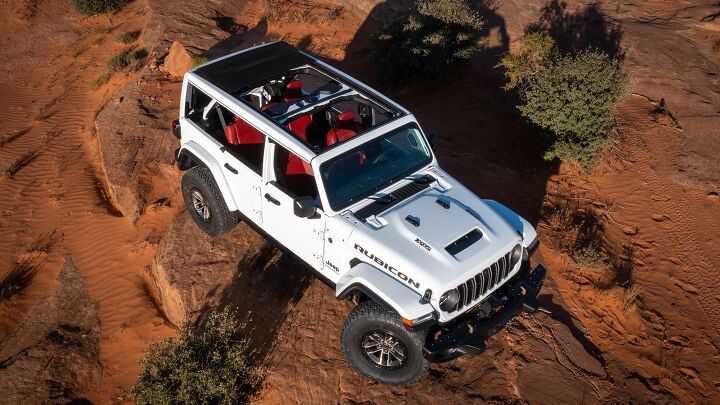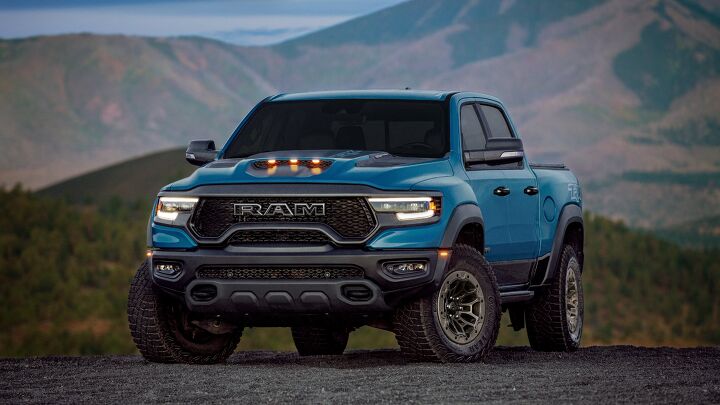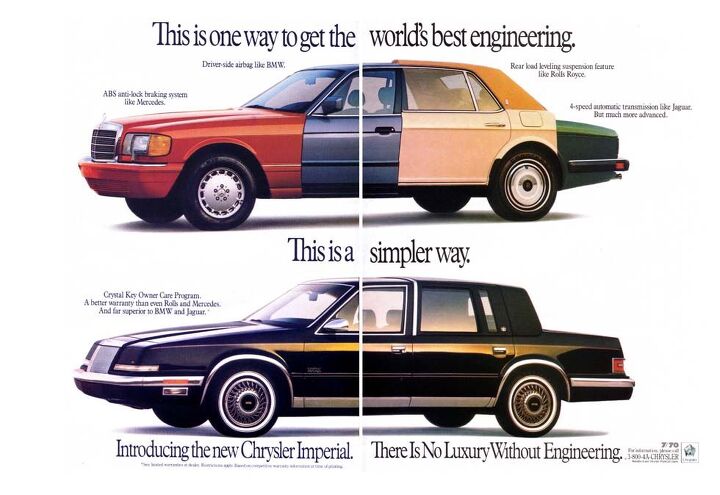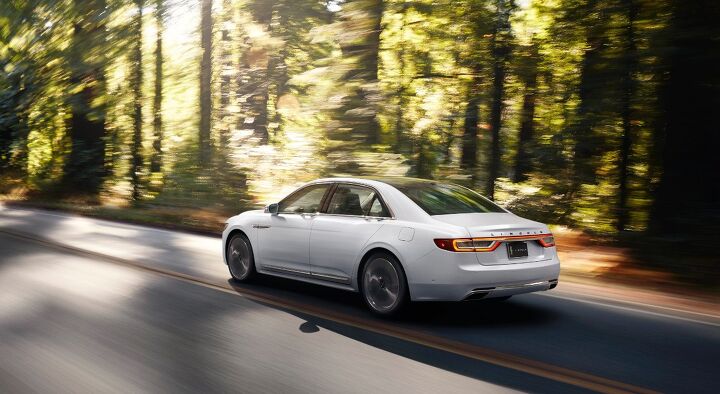#HemiV8
Say Goodbye to Another V8: Jeep is Reportedly Discontinuing the 392-powered Wrangler
The Jeep Wrangler Rubicon 392 blends the brand’s iconic off-road capability with a stunning Hemi V8, but the SUV’s time on the market is limited. A JL Wrangler Forums member got ahold of a letter from the automaker to dealers, telling them that it will allocate a single Final Edition of the V8 Wrangler if they can beat last year’s January sales numbers.
Ram Gives the TRX a Sendoff With a Limited-Production Final Edition
Stellantis has certainly gotten its money’s worth out of the Hellcat engine, but the good times appear to almost be over. We’ve known the Dodge Charger, Challenger, and Chrysler 300 were on borrowed time, taking the range of V8-powered variants with them, and now the automaker has announced that the last of its Hellcat-carrying vehicles is going away: The Ram 1500 TRX is headed for the door after the 2024 model year, though the standard truck will remain on sale.
Rare Rides Icons: The History of Imperial, More Than Just a Car (Part XXII)
Today we reach the 22nd and final installment in the Imperial series. In our last edition, we reviewed the development and birth of the final production car to wear the Imperial name: The super-extended K-car platform known as the Y-body. Lee Iacocca was keen on the idea of a full-size luxury sedan for the elderly customer, but Chrysler had neither the resources nor the platform to do it properly. Thus the Y-body appeared, and its angular and pencil-thin shape went on sale in 1990 alongside the similarly lengthened Chrysler New Yorker Fifth Avenue. Speaking of angles, let’s talk about that sweet money-saving clip swap action.
Buy/Drive/Burn: 2018 Upmarket American Sedan Showdown
Last time on Buy/Drive/Burn, we took a look at full-size sedans of an American persuasion and non-luxury intent. The consensus was loud and clear on which vehicle of the trio to burn; the Taurus was the subject of a flame war. Citing the sedan’s outdated everything and bad packaging, most of you didn’t like it.
Some of you also complained that the three offerings were too basic, and lacking in content and luxury. Today we turn up the luxury dial and look at three full-size Americans which are a bit more aspirational.
Ready, comrades? This might be tough.



















Recent Comments